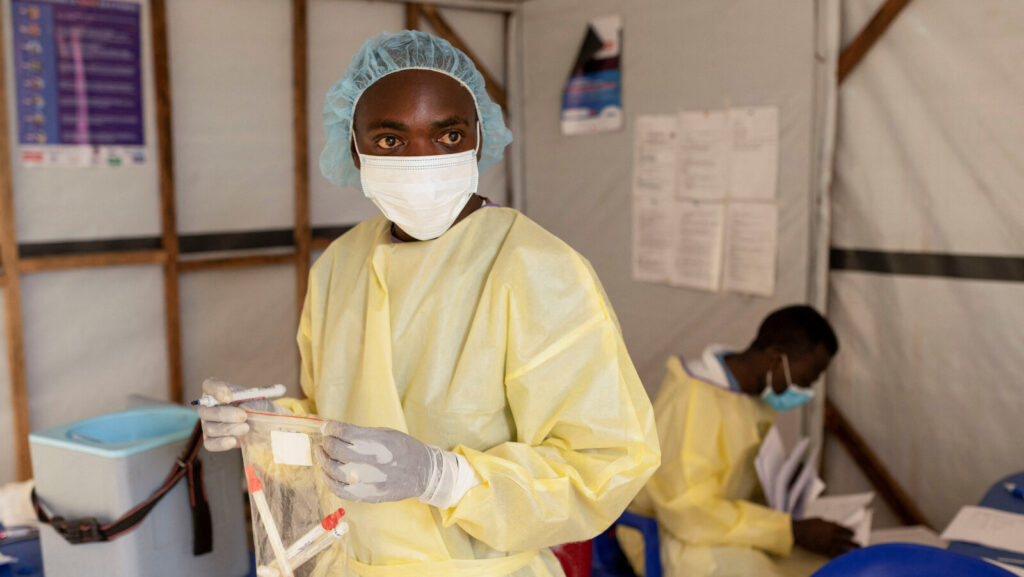The World Health Organization (WHO) has announced that mpox (monkeypox) is not a Public Health Emergency of International Concerns (PHEIC) anymore as cases and deaths are continuing to decrease globally.
Tedros Adhanom Ghebreyesus, Director-General of the WHO said that this announcement was based on conversations with the WHO’s Emergency Committee, which stated mpox is under control in some countries, and said, “We hold sustained declines in case in Congo, Burundi, Sierra Leone, and Uganda…. Countries have matured their outbreak response capacity and know the risks.”
The WHO has stated that monkeypox is “not gone” and has the potential to cause new outbreaks. The organization stated that there is a need for ongoing surveillance in some potentially vulnerable populations such as children and people living with HIV.
In recognizing this issue, the Africa Centres for Disease Control and Prevention (Africa CDC) offered an alert that mpox is still a continental emergency. The most recent report from the organisation’s consultation committee have recently confirmed emerging upticks in Ghana, Liberia, Kenya, Zambia were recently confirmed, and there are reports of an emerging rise in Tanzania even as the overall weekly case rates have recently dipped in overall weekly case rates 52 per cent.
Mpox is a zoonotic viral illness that often presents with symptoms of fever, headache, swollen lymph nodes, and rash. The majority of cases resolve in weeks, but there have been cases that have reported severe illness and deaths due to mpox. Since then, the disease has expanded to over 100 countries since May 2022 and the World Health Organization (WHO) issued a highest-level alert was issued last Augst.
The world emergency has been stood down, however, public health officials stress vigilance to ready and respond to any future outbreaks.












More Stories
India’s “Boycott Thailand” Movement Trends Online Over Demolition of Vishnu Statue at Thailand-Cambodia Border
The rupee sinks to an all-time low against the US dollar as currency pressure mounts.
PM Narendra Modi Embarks on Crucial Four-Day Tour to Jordan, Ethiopia and Oman